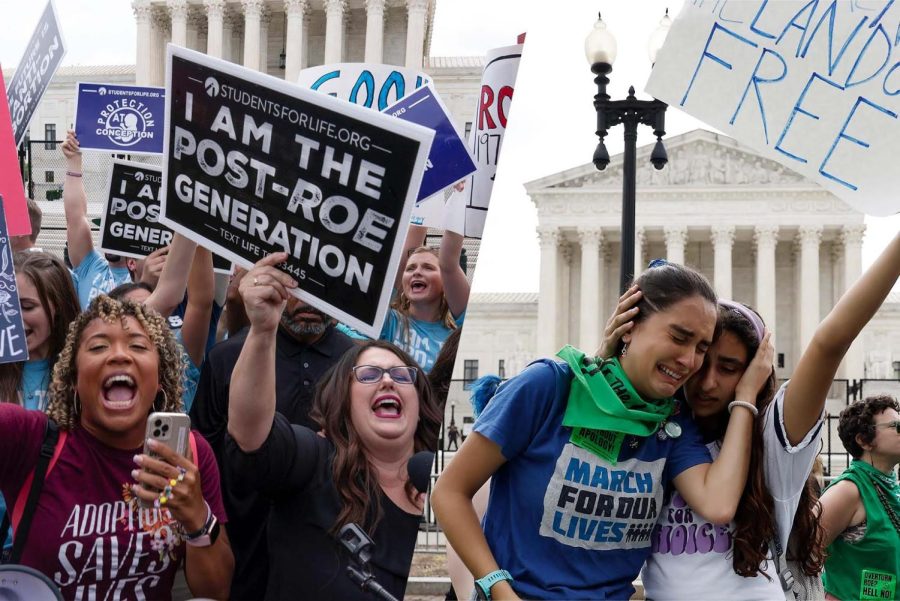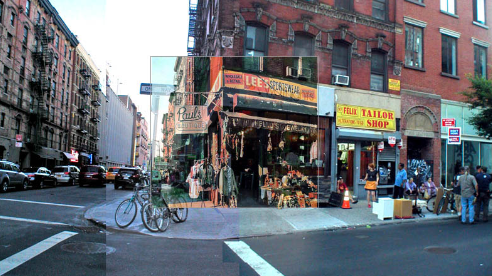On Friday, June 24, Roe v. Wade was overturned by the Supreme Court.
This was a result of the decision on the Dobbs v. Jackson trial from 2021. The question considered in the trial was, “Whether all pre-viability prohibitions on elective abortions are unconstitutional.” Recall that Jackson’s Women’s Health challenged a 2018 Mississippi law that prohibited most abortions after 15 weeks instead of at the “viablitiy” mark (23-24 weeks) claiming them to be unconstitutional.
Rather than ruling that Mississippi’s law was unconstitutional, the Supreme Court ruled that the “right” to abortion is not protected by the constitution, and so is left up to the states. This meant overruling Roe v. Wade.
This reversal is often misunderstood as making abortion illegal in all states. Rather, laws regarding abortion are now up to individual states to decide, as there is no constitutional protection. Many states quickly took action to either protect aboriton, ban it, or restrict it.
This decision obviously invoked mixed responses. Abortion supporters lamented over the decision as many states will now limit or outright ban abortion, which they see as necessary for women’s rights. Those against abortion rejoiced over the reversal because the lives of countless women and babies will be saved. In response to bans and restrictions, many companies have pledged to help employees get out-of-state abortions. Among these companies are Starbucks and Doordash. This has led to boycotts on the prolife side.
Americans remain divided as ever on abortion. The full outcomes of this Supreme Court decision remain to be seen.








